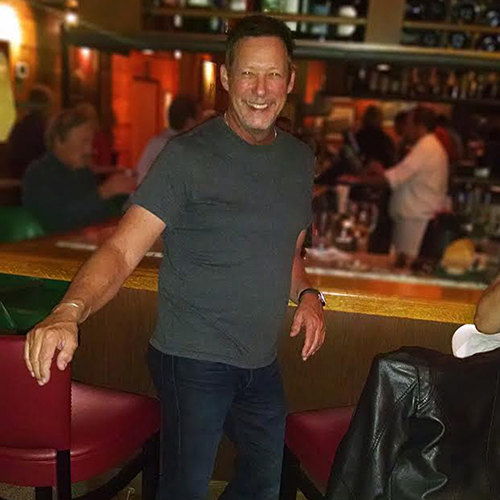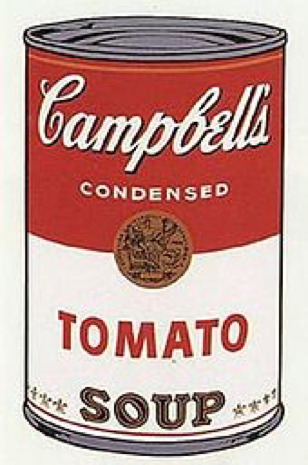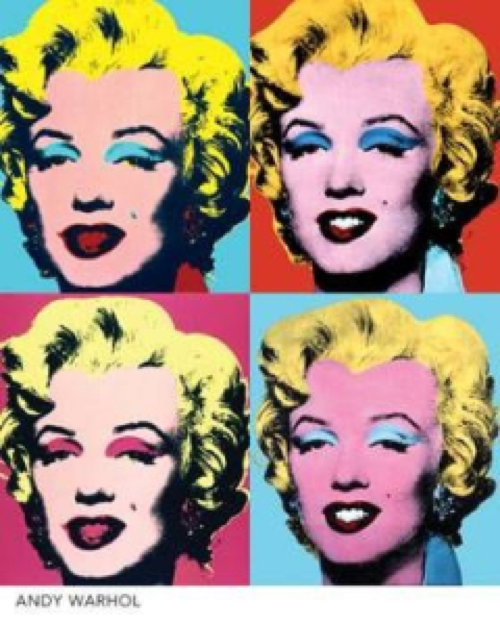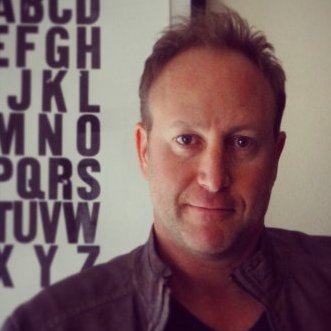

We open on a young boy and his mother at a train station, holding a welcome-home sign. The mother excitedly squats down and tells the boy, “He’s on the next train!” The boy’s smile fills his mom’s heart. Her eyes wander toward the sky as she plays in her mind the scene of her husband scooping up their son and squeezing him tightly.
Meanwhile, the boy spots his best friend, Elmo, in balloon form, floating through a train car parked at the station. Unnoticed, he makes his move. Onboard the train, it jerks into motion. The horn blares. Mom snaps to, looks down; her son … gone! Her eyes dart frantically. “Mommy!” Her sightline locks onto him through the train window. “Stop the train!” she shouts out to everyone and no one as the train steals her son away.
In a world bombarded with advertisements everywhere you look, one principle stands true: stories sell. Research shows that brands that tell compelling stories are 22 times more memorable than those that simply state facts. Storytelling isn’t just a marketing tactic—it’s a psychological phenomenon. When done right, this powerful tool allows companie

We could overwhelm you with stats and numbers and charts and graphs speaking to the power of video marketing. But we wouldn’t put you through that. No, instead we’re going to summon our inner Bill Nye and tout the benefits of video content through a blend of behavioral science, biology and even a little chemistry.

We call him Bill, and he loves all things “cool” (especially using the word). Our Executive Coolness Creative Director has worked in advertising for more than 25 years, breaking into the industry in Chicago at Ogilvy & Mather Worldwide, Foote Cone and Belding, and Campbell Mithun Esty. He has produced work for many well-known national and international brands including Gatorade, Coors, Sears, Windex, Boeing, Wilson Sports, Craftsman Tools and Mattel.


No, nothing exploded. It’s just that we’re gonna talk about Pop-Art and how the mid 20th Century’s art EXPLOSION is still an influence today. Fun, huh?
So what is Pop Art? Well, I’m not going to give a perfect definition, or even try, but I’ll sum up. Basically, it’s the infusion of imagery from popular culture into art, advertising and elements of visual communication. Simple. Got it?
Google “disruptive advertising” and you’re likely to get a number of very different definitions, and if you make the mistake of YouTubing it, prepare yourself for some unsettling stuff.
Truth’s “Body Bags” comes to mind.

That crashing sound you hear coming from advertising agencies across the country is the sound of walls coming down.
